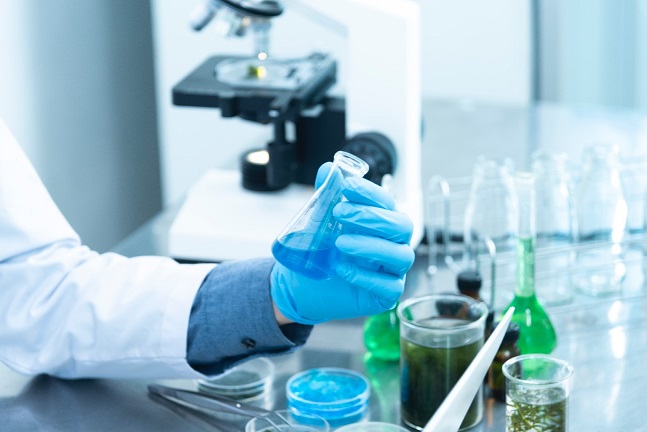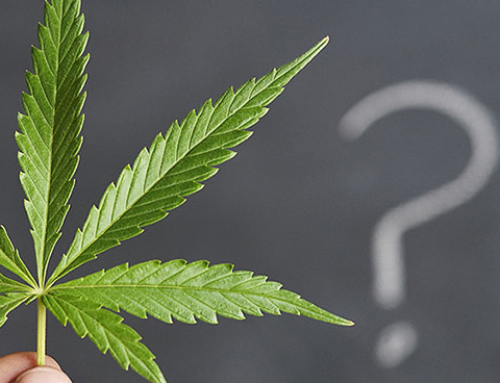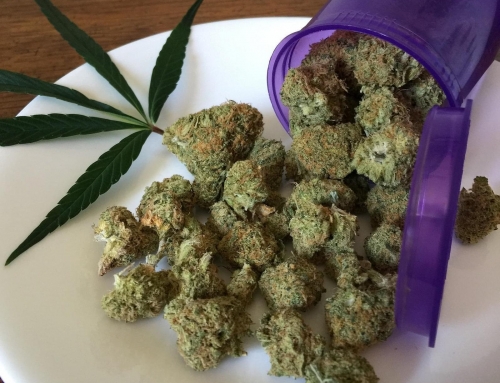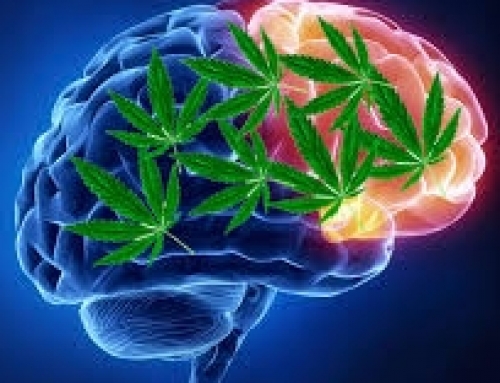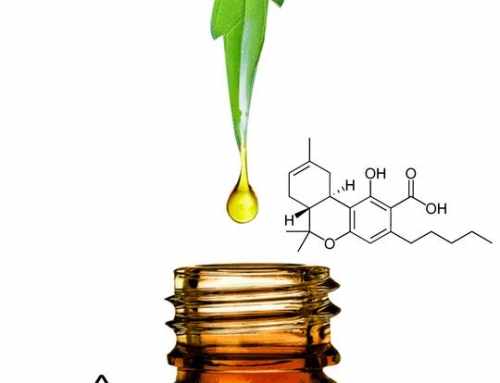Cannabinoids are a diverse set of chemical compounds found in the Cannabis plant. One of their main physiological effect on the body is to act on cannabinoid receptors in cells that repress neurotransmitter release in the brain. It is fair to say that cannabinoids are critical in the process of communication between neurons in the brain. Cannabinoids are one of the most active areas of medical research today with thousands of clinical studies underway exploring cannabinoids for the treatment of a wide range of medical conditions including inflammation, acute and chronic pain, gastrointestinal diseases and conditions, metabolic issues, neurological problems including epilepsy, cancer, soft tissue and musculoskeletal problems, allergies, skin disorders, infections, viruses, glaucoma, circulatory impairments, nausea, AIDS wasting, spasticity associated with multiple sclerosis, fibromyalgia, depression, migraine, bipolar disorders, anxiety disorder, decreased appetite, sexual dysfunction and drug dependency and withdrawal syndromes, among many others.
In their natural oil state, Cannabinoids exhibit extraordinarily low bioavailability, perhaps on the order of 4% -20% depending on individual differences, due to three main reasons:
• They are acid-labile compounds; that is, they rapidly decompose in acidic environments like the stomach.
• They are hydrophobic and lipophilic compounds which mean they are both water aversive and oil soluble. Their water aversive nature causes them to have problems dissolving in the aqueous environment of gastrointestinal tract and the oil solubility presents even bigger problems for them being absorbed into circulation by the small intestine.
• They are prone to oxidative degradation meaning that expose to oxygen tends to destroy their potency.
What that means in practical terms is that only a very small percentage of cannabinoids in an oral preparation gets absorbed into the body. This is true even with highly micronized pharmacologically prepared isolates and synthetics. In fact, even pharmaceutical makers of synthetic isolates recommend multiple doses daily, as they know the amount of the isolate reaching the blood stream by absorption through the digestive system is only 10% – 20% of the administered dose, at best! And there are a few factors, ironically including illness, that can lower its effective dose below that, perhaps to as low a value as 4 percent.
Even the liposome-based water-soluble CBD products, only at most, slightly improve the bioavailability of cannabis as most of the specific type of liposomes used commonly in hemp preparations were never actually intended to be used for the oral delivery of molecules or compounds. They were created for injection type preparations.
Fortunately, aided by biochemical technological acceleration, there are many ways to dramatically improve bioavailability of cannabinoids. One such method is called a micelle. A micelle is a natural, organic nanocarrier that naturally wraps itself around oil soluble compounds such as CBD making them imperious to acid, easily absorbed through passive diffusion in the small intestine, “happy” in aqueous environments such as the GI tract and very stable both in oxygen rich environment.
We understand that a breakthrough of this magnitude can create a bit of skepticism among people not formally trained in pharmacological biochemistry. What you need to know is that micelle research is a very active and promising field of biochemistry. Please refer to a scientific review article entitled, “Micellar Solubilization of Drugs” for an explanation of the entire science underlying micellular nanocarriers.
https://sites.ualberta.ca/~csps/JPPS8(2)/C.Rangel-Yagui/solubilization.pdf
The micelle process is one of the important outgrowths in the technological acceleration of science when it comes to cannabinoid delivery.

